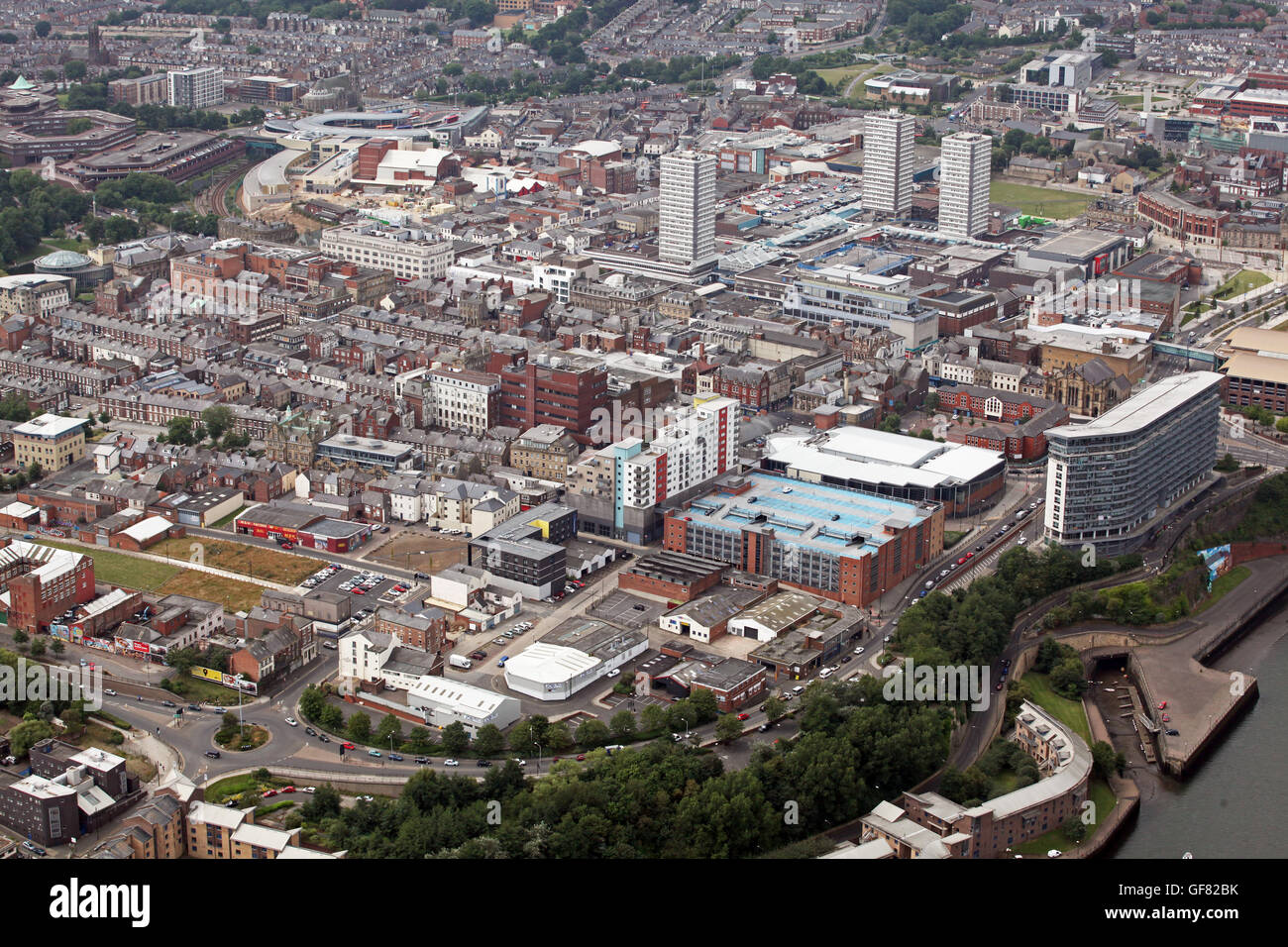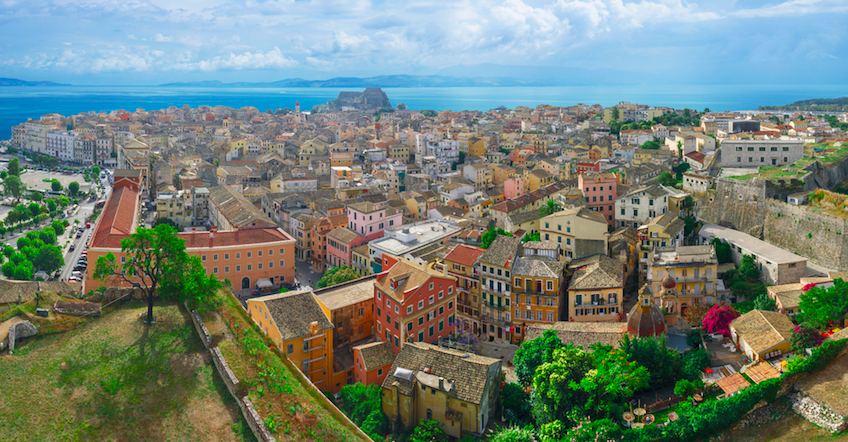North East of England is the poorest region of UK. Northern Ireland isn't doing too badly. Its in the bottom half of regions but close to the middle.
London is much richer than its closest rival, the South East of England.
https://www.business-live.co.uk/opinion-analysis/wales-no-longer-poorest-part-17465667https://www.business-live.co.uk/opinion-analysis/wales-no-longer-poorest-part-17465667
London is much richer than its closest rival, the South East of England.
https://www.business-live.co.uk/opinion-analysis/wales-no-longer-poorest-part-17465667https://www.business-live.co.uk/opinion-analysis/wales-no-longer-poorest-part-17465667




